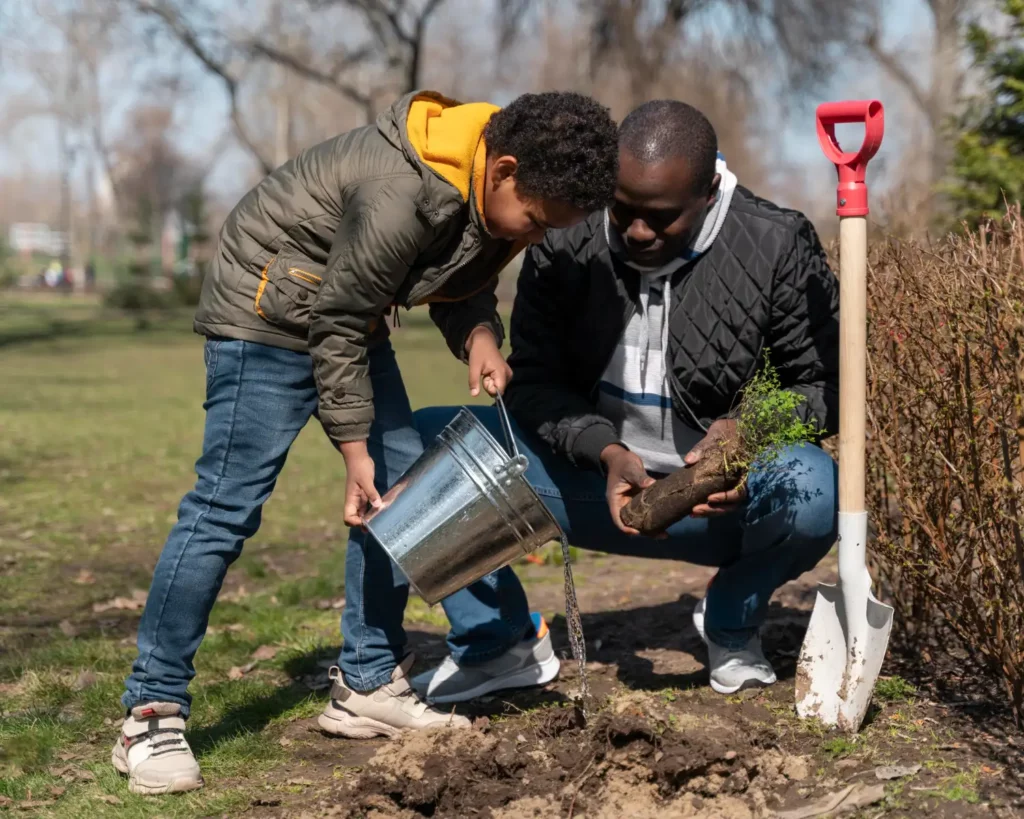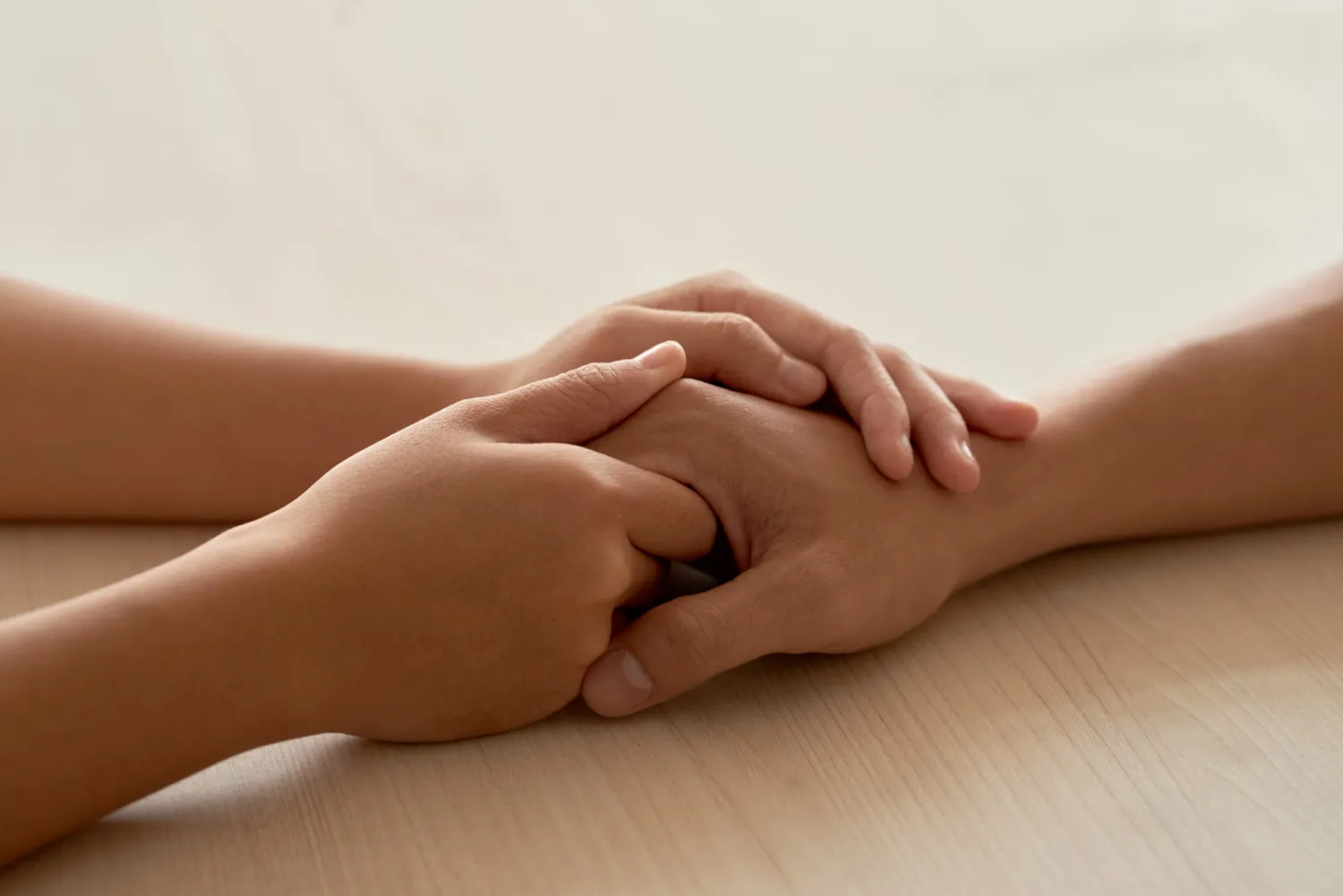From Chaos to Clarity: Embracing ADHD, Recovery, and a Life of Purpose

“I am not disabled. I am ADHD. Diagnosis didn’t define me; it empowered me. Understanding changed the trajectory of my future.”
Sunday Kapesi
I am grateful to the Citizen newspaper for featuring an article I wrote about my adult ADHD diagnosis and its impact on my life, specifically my mental health management thereafter.
This is my story—a journey of rediscovery, resilience, and a renewed sense of purpose. At age 40, sitting in a rehab facility, I received a diagnosis that reframed my entire life: ADHD. It explained the impulsivity, procrastination, emotional highs, and destructive coping mechanisms that had derailed me for decades. Alongside ADHD came a revelation of co-occurring conditions—depression, anxiety, grief, and insomnia—that had all gone unnoticed, untreated, and undiagnosed.
The diagnosis was not a verdict to me, it was a breakthrough. It gave me the vocabulary to understand myself and, through counselling and support groups, I received the tools to rebuild my life. ADHD isn’t a flaw; it’s a different way of experiencing the world.
Understanding ADHD and Addiction
ADHD is a neurodevelopmental condition that often leads to struggles with focus, emotional regulation, time management, and impulsivity. Left unmanaged, it can create chaos, as it did for me. Negative coping mechanisms like substance abuse, hypersexuality, and even an obsession with sugar became my way of self-soothing. What I didn’t know was that these behaviors stemmed from a constant craving for dopamine—a common experience for people with ADHD.
Globally, individuals with ADHD are 5-10 times more likely to develop addiction. Yet, in many African societies, ADHD remains misunderstood, and stigma, ignorance, and prejudice silence those who need help the most.
Recovery: A Journey of Awareness and Action
Recovery wasn’t just about quitting alcohol and drugs. It was about building new, positive mechanisms to manage ADHD, and my underlying conditions of depression, grief, anxiety, insomnia, and reclaim my life. Exercise, therapy, mindfulness, and structured routines became my foundation. Medication like Concerta helped stabilize my focus, while a hunger for knowledge drove me to learn everything I could about ADHD.
A recent episode of The Mel Robbins Podcast featuring Dr. Gabor Maté profoundly resonated with me. Maté’s insights on how childhood trauma shapes ADHD and addiction illuminated connections in my own life. His perspective—that ADHD isn’t a fixed condition but a developmental response to early environments—echoed my experiences and inspired my advocacy for awareness and systemic change.
Call to Action
This is bigger than me. We need policies, education, and open conversations that empower people with ADHD. Let’s break the stigma and embrace neurodiversity, not as a weakness but as a strength. If only I had gotten my diagnosis much earlier, I wonder what my life might have looked like. Ultimately, this is the path that God laid out for me, awareness I now have. I am rewriting the rest of my life.
Today, I’m proud to say that ADHD no longer controls me. I’ve turned my challenges into a mission—to inspire, educate, and advocate for others.









